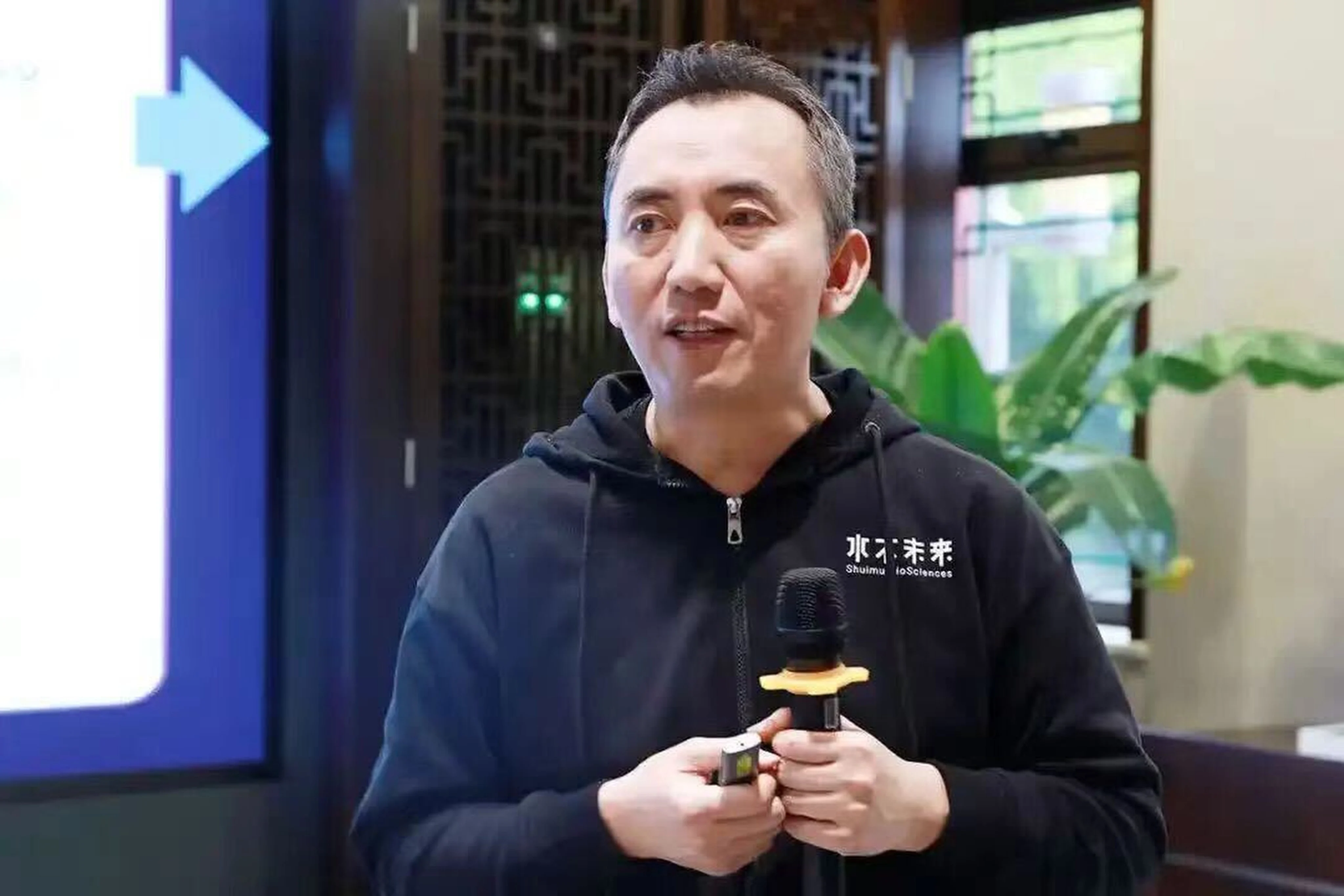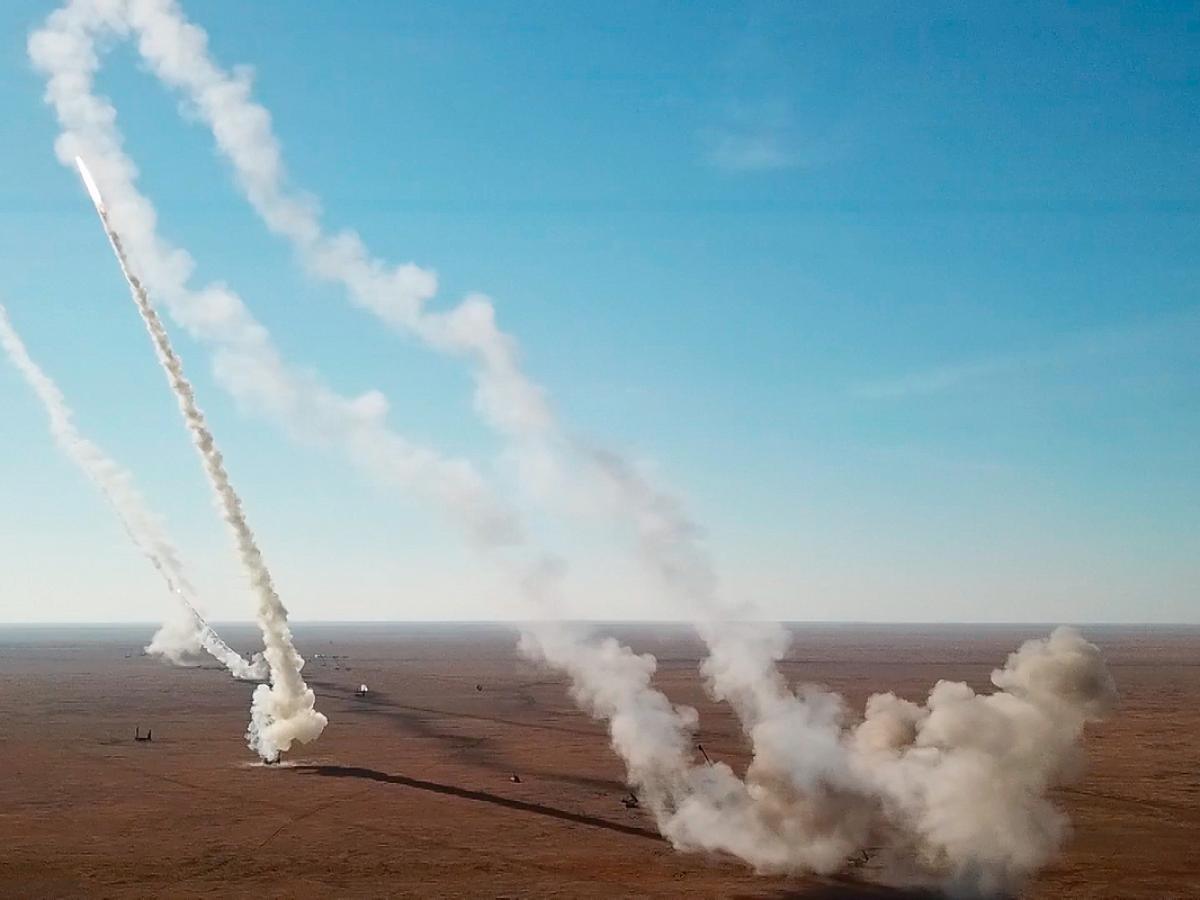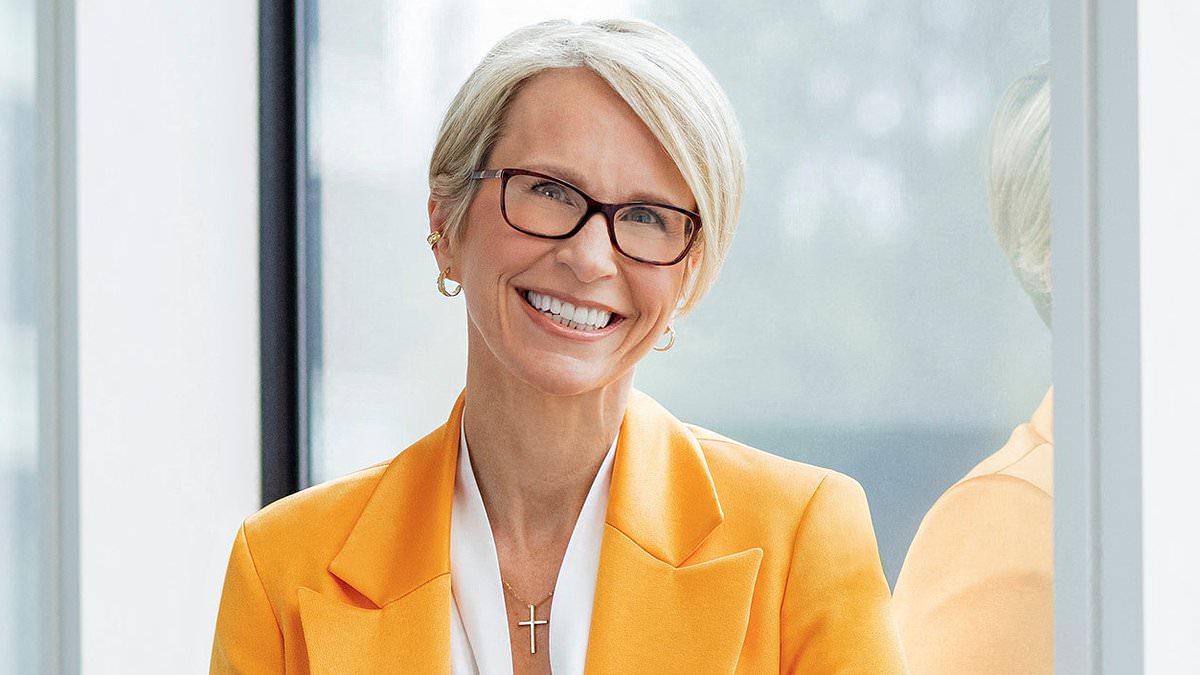By Xinmei Shen
Copyright scmp

Shuimu BioSciences, a Chinese start-up specialising in advanced imaging devices for viruses and smaller biomolecules, is aiming for an initial public offering in 2027 after selling its first self-developed product this year, according to CEO Allen Guo Chunlong.
The company focuses on cryo-electron microscopy (Cryo-EM), a technique that involves firing beams of electrons at flash-frozen specimens to capture thousands of images. The images are then used to reconstruct precise three-dimensional structures and dynamics of biomolecules, such as proteins.
Cryo-EM represented “the most advanced tool for humanity’s understanding of the underlying microscopic structures of life”, Guo said in an interview, noting that the technology had long been “entirely monopolised” by overseas firms like US-based Thermo Fisher Scientific.
Since achieving breakthroughs in 2013 and 2020, Cryo-EM technology has become an increasingly vital tool in drug discovery. A single machine can stand several metres tall and cost millions of US dollars.
Shuimu’s self-developed Cryo-EM machine marked China’s entry into the field, Guo said.
Founded in 2017 in Beijing, Shuimu Biosciences originated from a partnership agreement between Tsinghua University, the Beijing municipal government and Thermo Fisher to establish a Chinese Cryo-EM drug discovery institute.
That initiative stalled after US President Donald Trump initiated a technology war against China during his first term. To keep its business going and expand in the future, Shuimu had to develop its own Cryo-EM machines.
“It had a tangible impact on our strategies,” Guo said. “If it weren’t for this situation … we wouldn’t have considered developing it ourselves. It wouldn’t have been necessary, as we could have kept buying.”
Earlier this year, Shuimu received its first commercial order – from an undisclosed Chinese university – for its Totem Cryo-EM machine, which features about 50 per cent domestically sourced hardware. The Totem 300 model offers 300 kilovolts of voltage and matches the resolution of overseas counterparts.
Shuimu’s machine is priced from 35 million yuan to 46.6 million yuan (US$4.9 million to US$6.5 million), depending on specifications and customisation, while a top Cryo-EM machine from Thermo Fisher can cost up to around US$8 million.
The company aims to achieve “substantial breakthroughs” in supply-chain localisation within five years, with a goal of shipping over 1,000 units of the Totem, including future models, in China within six years.
Shuimu hopes to differentiate itself from foreign competitors by combining Cryo-EM technology with artificial intelligence. The integration significantly reduces the time required for data analysis and tasks such as protein structure modelling, according to Guo.
The firm operates Smart, a Cryo-EM AI computing platform supported by ByteDance’s cloud computing platform, Volcano Engine, which removes the need for customers to maintain their own computing power. ByteDance invested in Shuimu in 2021.
Shuimu is in the process of raising additional funds. It generated nearly 100 million yuan in revenue last year and aimed to reach 250 million yuan this year, with plans to double its annual revenue next year, Guo said.
The start-up was looking to go public by the end of 2027, with Hong Kong as its first-choice destination, he said.



